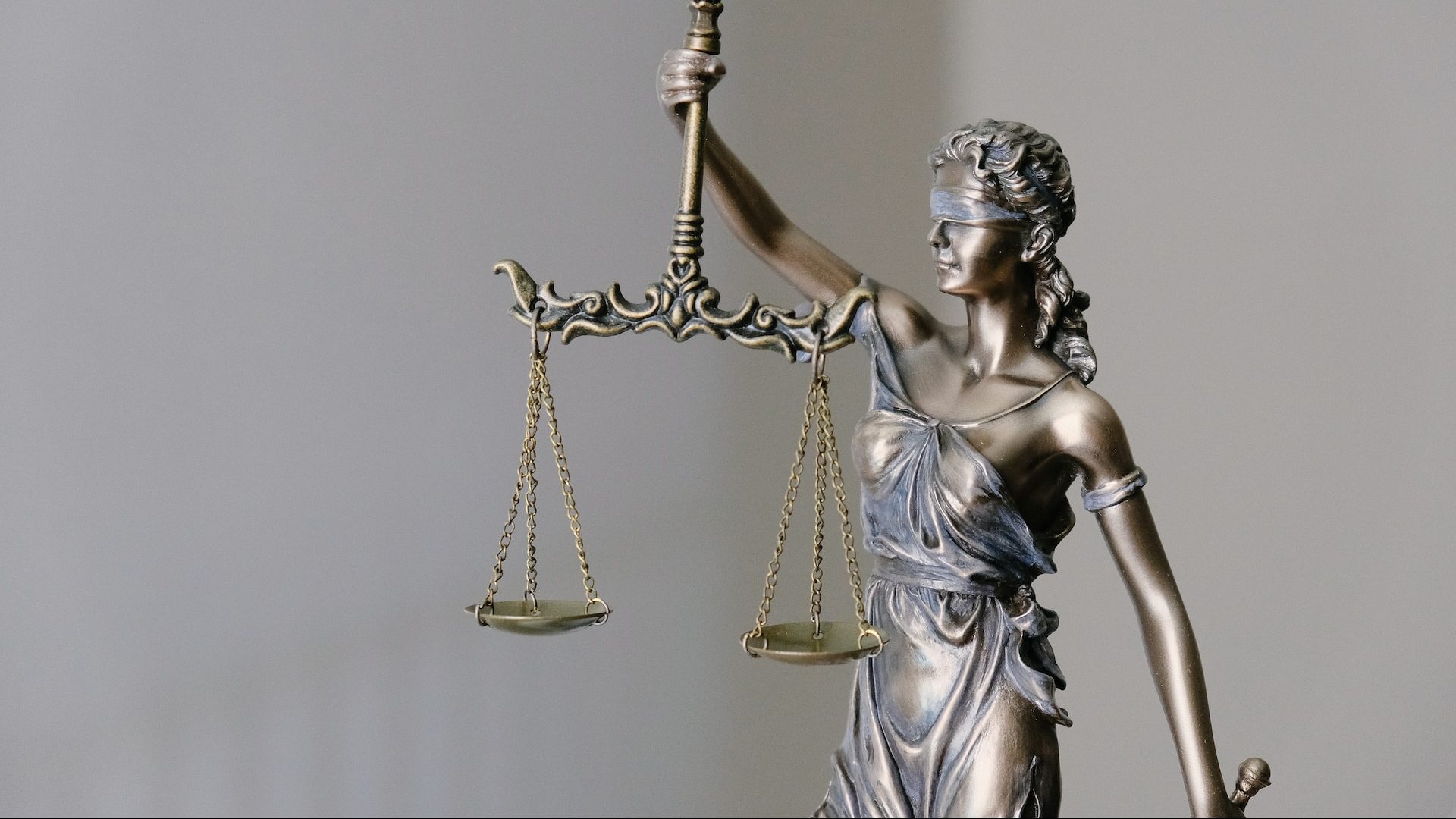Created Equal: Black victims of violent crime disproportionately denied compensation
The Associated Press found disproportionately high denial rates in 19 out of 23 states willing to provide detailed racial data, the largest collection of such data to date.

Thousands of Americans each year turn to state-run programs that provide financial assistance to victims of violent crime. In all 50 states, violent crime victims and their families can receive financial compensation for medical bills, funeral expenses, lost wages and more.
University of Michigan professor Jeremy Levine had not heard of such programs until he needed it himself. In 2014, Levine was shot in his leg and needed assistance paying his hospital bill. After his situation was resolved, he took a closer look and in doing his own research discovered that the process was not as simple for those of different backgrounds.
In fact, a 2023 report from The Associated Press found Black victims and their families were disproportionately denied for benefits in many states for subjective reasons that experts say are rooted in racial biases.
The AP found disproportionately high denial rates in 19 out of 23 states willing to provide detailed racial data, the largest collection of such data to date. In some states, including Indiana, Georgia and South Dakota, Black applicants were nearly twice as likely as white applicants to be denied. From 2018 through 2021, the denials added up to thousands of Black families each year collectively missing out on millions of dollars in aid.
Levine joined Stephen Henderson on Created Equal on Monday to explain what victim compensation is and why these discrepancies exist.
Subscribe to Created Equal on Apple Podcasts, Spotify, Google Podcasts, NPR.org or wherever you get your podcasts.
Guest:
Jeremy Levine is a political and urban sociologist, and an associate professor of organizational studies and sociology at the University of Michigan. He believes the way in which these victim compensation programs are structured is a big part of the problem.
“The way the [victim compensation] system is built where it’s funded by fines and fees through the criminal legal system, it’s then relying on the police to determine innocence by-in-large, we’re bringing in any inequities outside and then firmly putting them into the way that this program works,” he said.
The Associated Press contributed to this report.
Listen to Created Equal with host Stephen Henderson weekdays from 9-10 a.m. ET on 101.9 WDET and streaming on-demand.
Trusted, accurate, up-to-date.
WDET strives to make our journalism accessible to everyone. As a public media institution, we maintain our journalistic integrity through independent support from readers like you. If you value WDET as your source of news, music and conversation, please make a gift today.

